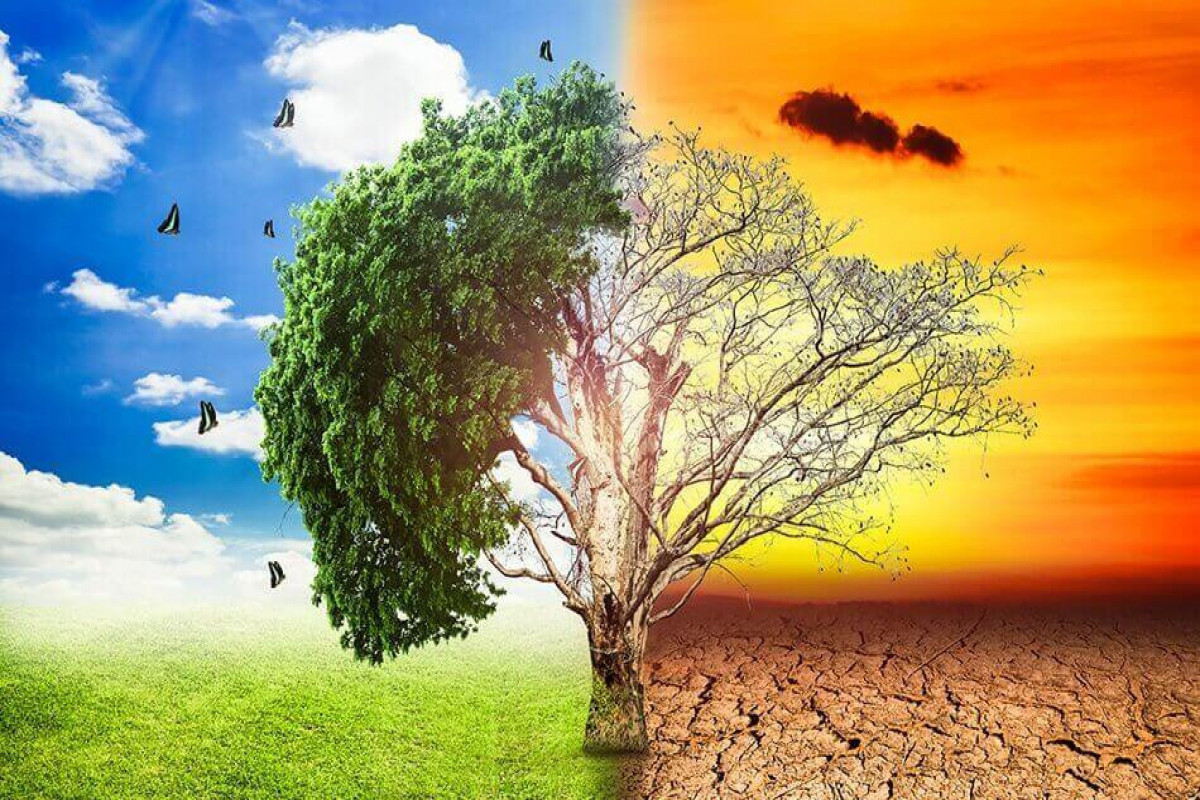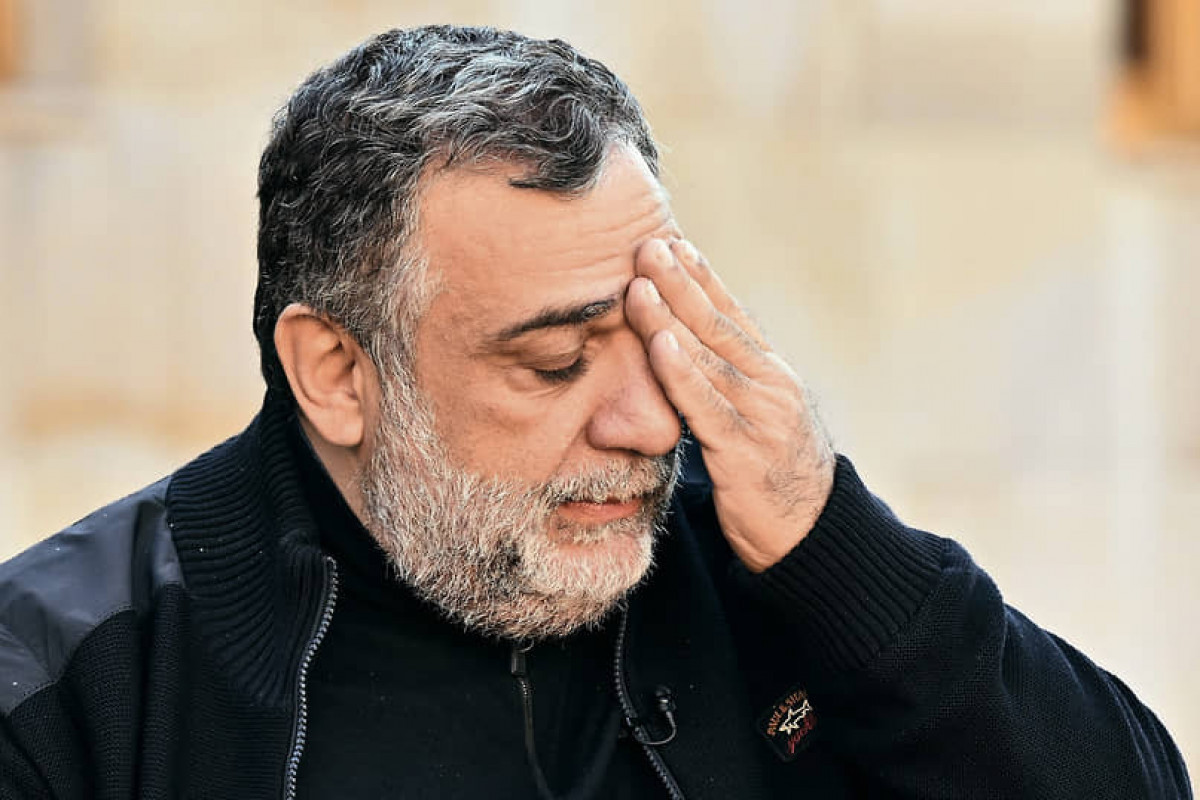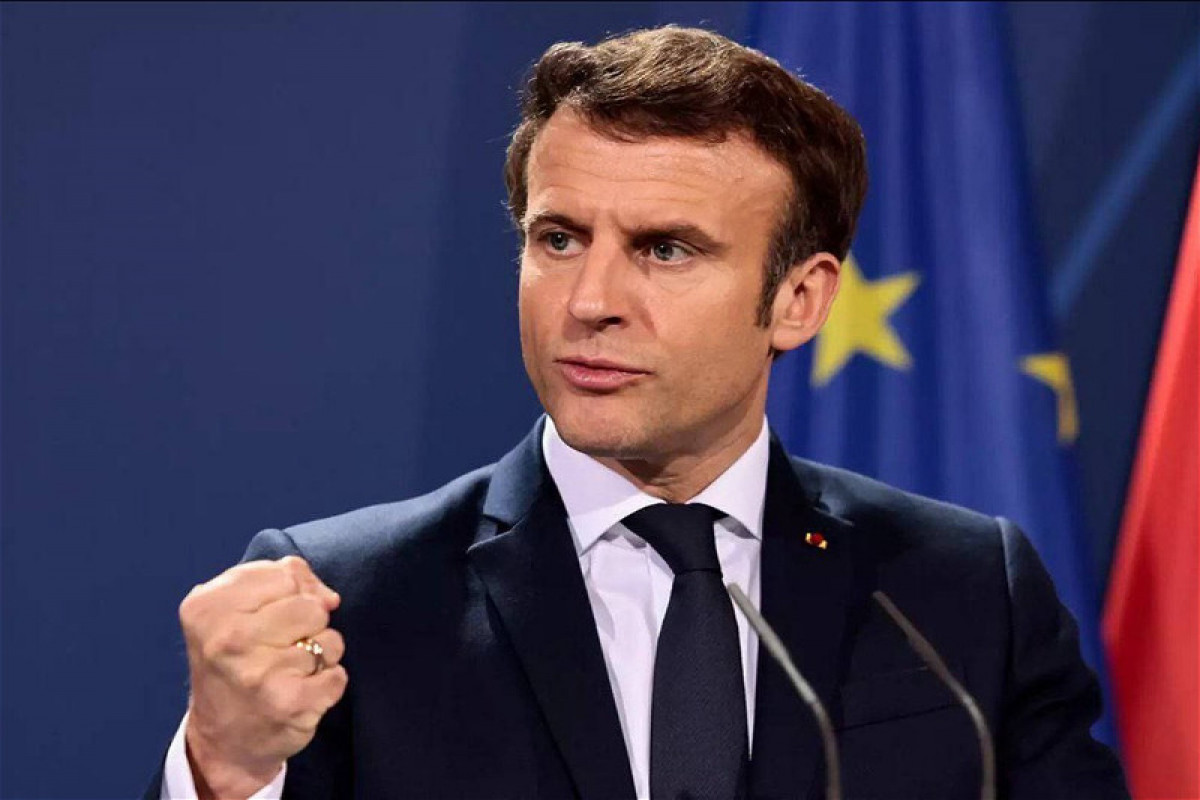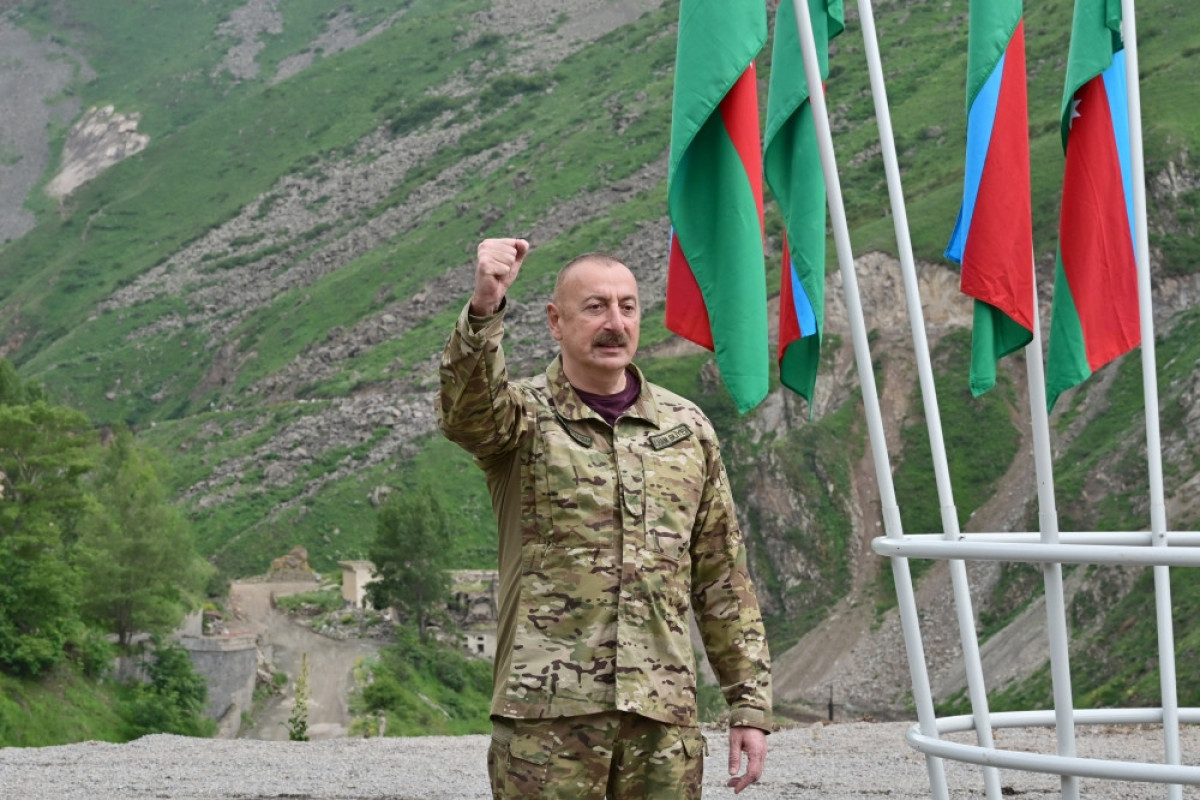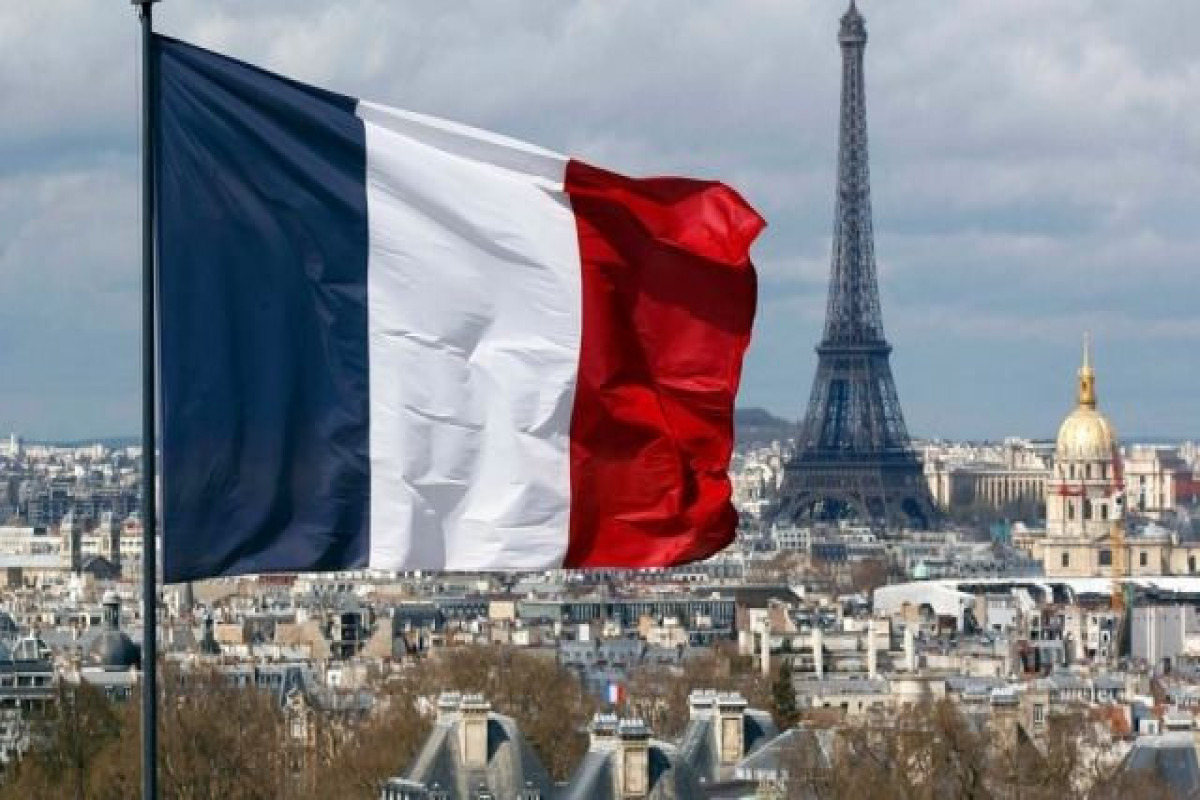Azerbaijan will host the 29th session of the Conference of the Parties (COP 29) to the United Nations Framework Convention on Climate Change (UNFCCC) this year. This event, which is held every year in different countries and is considered the world's main climate summit, will be held in Baku on November 11-24.
During that period, Baku will turn into the center of the world and will receive tens of thousands of foreign guests.
COP29 will be the biggest international event in the history of independent Azerbaijan. Within the framework of this conference, world leaders, government officials, experts, representatives of international organizations, NGOs, and mass media are expected to come to Azerbaijan to discuss the issues of climate change and for negotiations.
When talking about the importance of COP29, it is enough to say one fact that this event is not less important in terms of the representation of countries, than the UN General Assembly and the Non-Aligned Movement, which Azerbaijan chaired for 4 years.
Conference of the Parties (COP) to the UN Framework Convention on Climate Change, was held for the first time in 1995 in Berlin its history began in 1992 with the agreement signed at the Earth Summit in Rio de Janeiro, Brazil.
The Conference of the Parties (COP) is the supreme decision-making body that supervises the execution of the Framework Convention on Climate Change and is being held annually.
It should be noted that the most important decisions regarding with the climate change in the world are being adopted at the Conferences of Parties (COP) to the United Nations Framework Convention on Climate Change. For example, the 1997 Kyoto Protocol, which raised the issue of voluntary commitments to reduce emissions and aimed to reduce the emission of gases, is the result of COP3, the Paris Agreement which was signed in 2015 and aimed to prevent the average temperature of the Earth from warming by more than 2 degrees in the 21st century, is the result of the COP21.
However, it should be noted that not all COP conferences and the implementation and results of decisions adopted at these conferences have been successful. During the past years, despite more than 150 countries have undertaken to reduce methane emissions by 30% from 2021 levels between the years 2021 and 2030, as a part of a global methane commitment led by the US and the European Union, very few countries have been able to properly follow this obligation.
Or, within the framework of the Paris Agreement, although it was promised to keep the global temperature at 1.5 degrees Celsius, environmental monitoring and international reports forecast that the temperature will increase by at least 1.7 degrees by the end of the century.
The Secretary-General of the UN António Guterres said that the temperature will increase by 3 degrees by the end of the XXI century and humanity has entered into a very dangerous stage.
It’s no coincidence that in 2023, the concentration of greenhouse gases in the air reached a record level and this negative tendency is expected to remain in 2024.
As a result, global warming increases floods, fires, water shortages, people leaving their traditional habitats, etc. Even A23, the biggest iceberg in its area (4 thousand square kilometers), has started to move in the ocean waters under the influence of currents and wind.
Amid all of these issues, the main question is related to position of G8 countries who produced 80% of greenhouse emissions. These countries which represent the West, have caused the mechanism of global warming, and have played the main catalysator role in connection with the sharp increase in the level of CO2 (carbon dioxide), greenhouse emissions, and an increase in the temperature of the earth's surface.
Therefore, not all of the 198 member countries of COP are responsible equally for this global danger. On the contrary, the industry and harmful production processes of several developed and developing countries have a negative impact on the rest of the countries. The countries group led by the U.S. which has polluted the atmosphere more than every other country, tries to share responsibility equally with the whole world related to climate change and air pollution.
Whereas, the developing countries are suffered from climate change and specially the agriculture suffers, infrastructure collapses. Considering these factors, developed countries should not only reduce their emissions, but also compensate the damage to poor countries.
According to the report of the United Nations, third-world countries need at least 200 billion dollars each year by 2030 to adapt to the climate impacts. But the U.S. and other countries that are responsible for this crisis want to allocate that amount voluntarily way by using special funds that will be created under the World Bank, not as compensation.
At the last COP28 conference held in the United Arab Emirates last year, Western delegations protested China's status as a developing country and demanded its inclusion in the global climate finance system, as well as India's refusal to use coal.
As can be seen, the West is not interested in the establishment of a global climate finance system and compensation for countries affected by global warming but is forming its agenda.
At the same time, it is not in a hurry to help the countries of South and Central America, Africa, Oceania, and South Asia to transition from fossil fuels to clean energy and have a neutral balance of carbon emissions into the atmosphere.
With this background, the COP29 conference to be held in Baku will allow us to recover the lost opportunities for the formation of a single agenda on climate change in previous conferences, and to act in a more planned and clear way. Thus, Azerbaijan has also signed the Kyoto Protocol and the Paris Agreement, created to prevent global warming, and has undertaken certain obligations in terms of combating global warming.
As the host, Azerbaijan will put forward its initiatives regarding the transition of the world to the post-oil era and the post-industrial era based on high technologies, tourism, entertainment, and other sectors. Despite being an oil and gas country, Azerbaijan aims to prove to the whole world that its agenda is related to green energy at COP29 in Baku.


